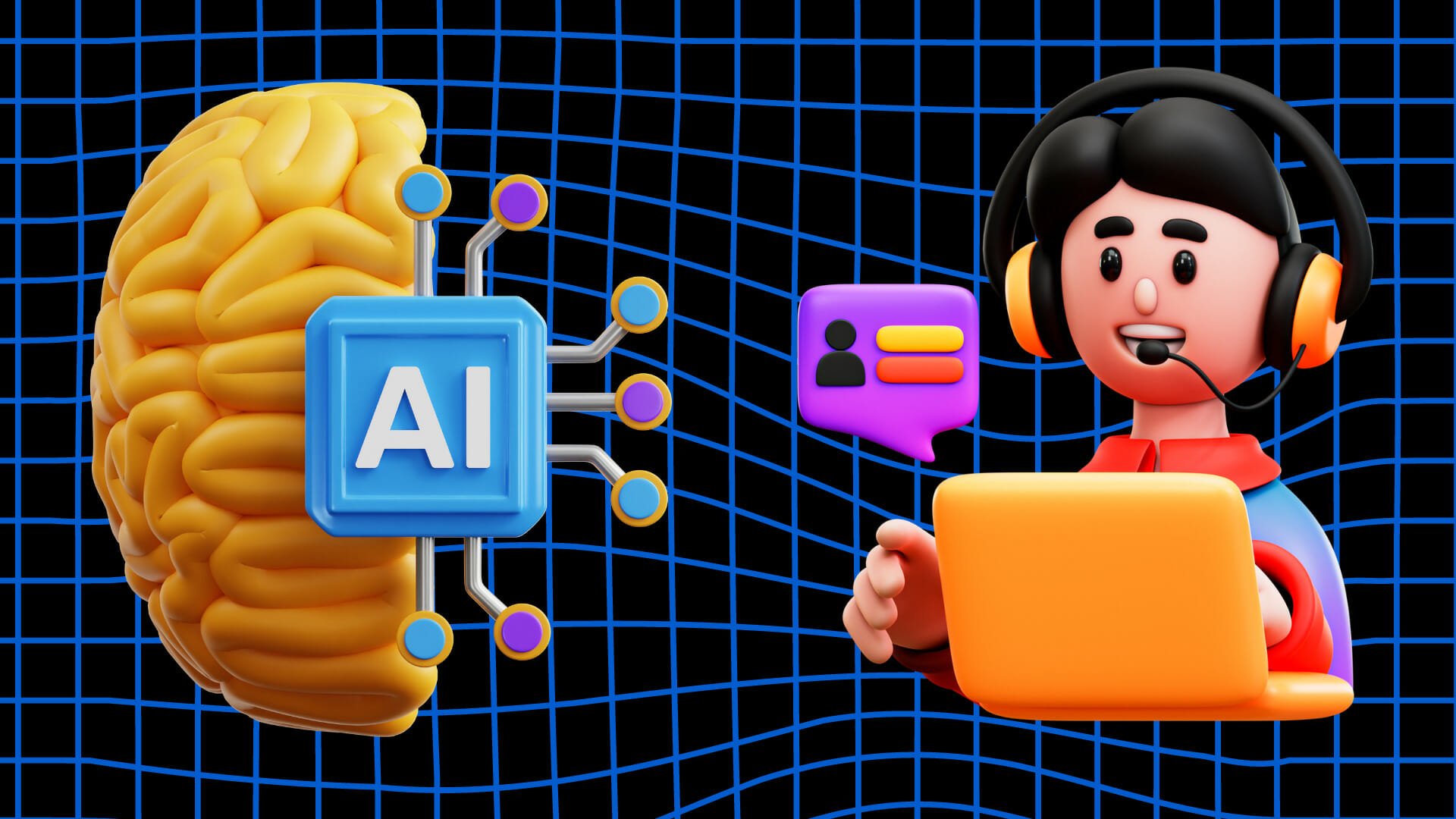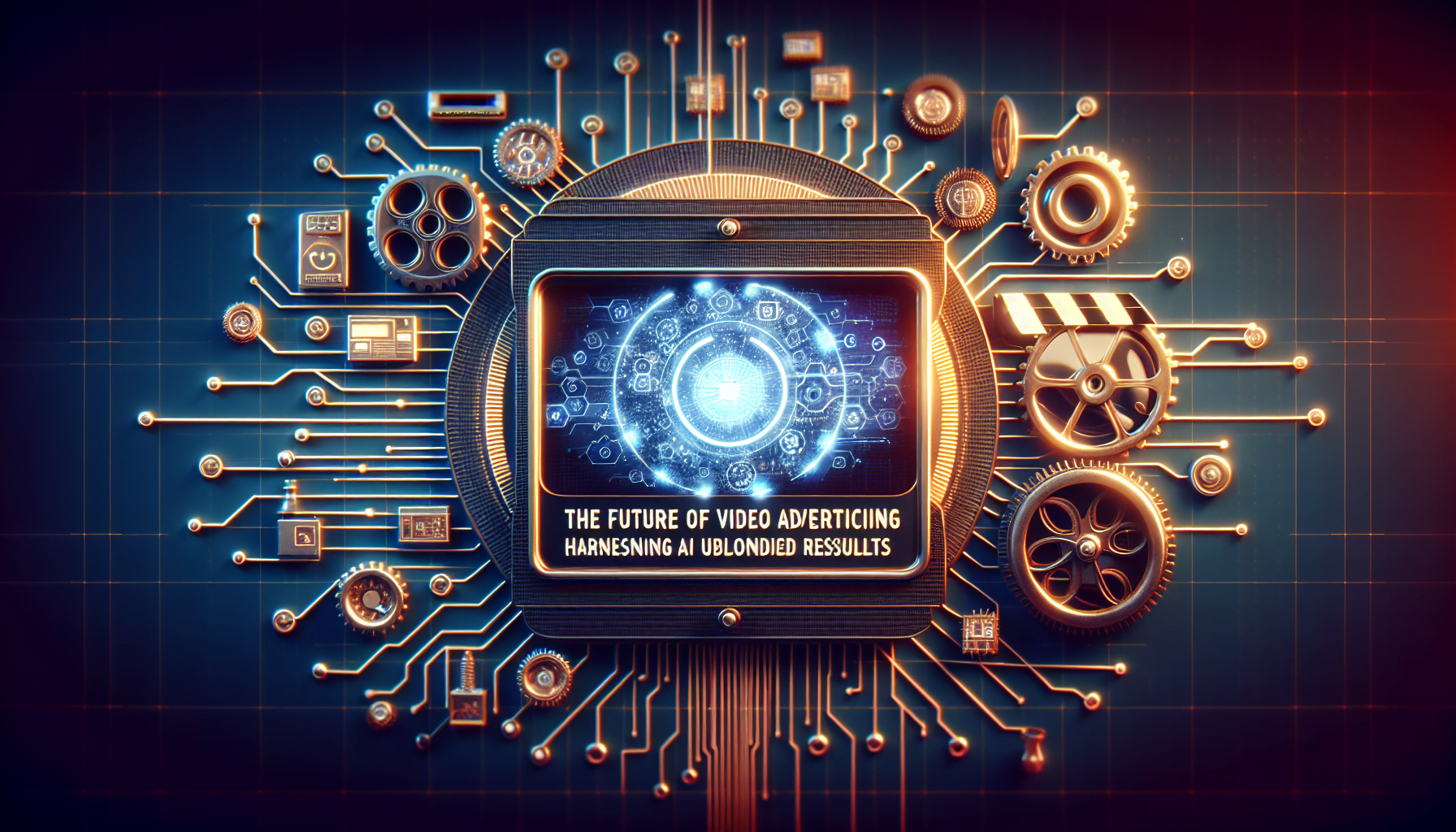In today’s competitive business landscape, staying ahead of the curve is essential to success. One strategy that is gaining traction among direct-to-consumer (D2C) businesses is the integration of artificial intelligence (AI) technologies. By harnessing the power of AI, D2C businesses can revolutionize their operations, enhance customer experiences, and drive growth. In this article, we will explore the various ways AI can be used to enhance your D2C business and provide you with practical insights on implementing these technologies effectively.
Understanding the Role of AI in Direct-to-Consumer Business
Before diving into the benefits and implementation of AI in D2C businesses, it’s crucial to have a clear understanding of what AI is and its capabilities. AI refers to computer systems that can perform tasks that would typically require human intelligence. This includes tasks such as decision-making, problem-solving, and data analysis. With advancements in machine learning and natural language processing, AI has become increasingly sophisticated, enabling businesses to leverage its potential across various domains.
AI has revolutionized the way businesses operate in the digital age. It has become an integral part of many industries, including e-commerce, finance, healthcare, and entertainment. In the context of D2C businesses, AI offers a wide range of benefits that can help drive growth and enhance customer experiences.
The rise of the D2C model has been fueled by the changing preferences of consumers and the increasing accessibility of technology. D2C businesses cut out middlemen and traditional retail channels, allowing them to establish direct relationships with customers. This model gives businesses more control over their brand, product offering, pricing, and customer experience.
One of the key advantages of AI in D2C businesses is its ability to analyze vast amounts of data in real-time. By leveraging AI-powered analytics tools, businesses can gain valuable insights into customer behavior, preferences, and trends. This data-driven approach allows D2C businesses to personalize their offerings and tailor their marketing strategies to individual customers.
AI also plays a crucial role in improving customer service in D2C businesses. Chatbots powered by AI can provide instant and personalized assistance to customers, resolving their queries and concerns in a timely manner. These virtual assistants can handle a wide range of customer interactions, from answering product-related questions to assisting with the checkout process.
Furthermore, AI can enhance the overall shopping experience for customers. By analyzing customer data and past purchase history, AI algorithms can recommend relevant products and offers, increasing the chances of upselling and cross-selling. This personalized approach not only improves customer satisfaction but also boosts sales and revenue for D2C businesses.
In addition to customer-facing applications, AI can also streamline internal operations in D2C businesses. AI-powered inventory management systems can optimize stock levels, ensuring that products are always available when customers need them. AI algorithms can also help in demand forecasting, enabling businesses to plan their production and supply chain more efficiently.
Overall, AI has become an indispensable tool for D2C businesses looking to stay competitive in the digital landscape. Its ability to analyze data, personalize customer experiences, and streamline operations makes it a valuable asset for driving growth and enhancing customer satisfaction. As technology continues to advance, the role of AI in D2C businesses is only expected to grow, opening up new opportunities for innovation and success.
The Intersection of AI and D2C Businesses
AI is fundamentally changing the D2C landscape, opening up new opportunities and transforming traditional business practices. Let’s explore some key ways in which AI is revolutionizing the D2C landscape:
How AI is Changing the D2C Landscape
AI-powered algorithms analyze vast amounts of data to gain insights into consumer behavior and preferences. This allows D2C businesses to personalize their marketing efforts, tailor product recommendations, and optimize pricing strategies. By leveraging AI, businesses can deliver highly targeted messages to their customers, maximizing the effectiveness of marketing campaigns and improving customer engagement.
One example of how AI is transforming the D2C landscape is through the use of predictive analytics. By analyzing past customer behavior and purchase patterns, AI algorithms can predict future buying trends and preferences. This enables D2C businesses to proactively meet customer demands, ensuring that the right products are available at the right time.
Furthermore, AI-powered chatbots and virtual assistants enhance customer support by providing real-time assistance, answering frequently asked questions, and resolving customer queries. This not only improves customer satisfaction but also reduces the workload for customer support teams, enabling them to focus on more complex issues.
Another way AI is changing the D2C landscape is through the use of recommendation systems. These systems analyze customer data, such as browsing history and purchase behavior, to provide personalized product recommendations. By tailoring product suggestions to individual customers, D2C businesses can increase customer engagement and drive sales.
Case Studies of AI in D2C Businesses
Several D2C businesses have already harnessed the power of AI to drive growth and gain a competitive edge. For example, fashion brands utilizes AI algorithms to analyze customer preferences and fashion trends. This enables them to create personalized product recommendations for their customers, leading to increased sales and customer satisfaction.
In addition to fashion, AI is also making waves in the health and wellness industry. Health and wellness companies leverages AI to analyze customer feedback and sentiment. By analyzing social media data and customer reviews, they gain valuable insights into how their products are perceived and can make data-driven improvements to their offerings. This not only helps them better understand their customers but also allows them to stay ahead of the competition by continuously evolving their products to meet customer needs.
Furthermore, AI is being used in the food and beverage industry to enhance the D2C experience. Companies are leveraging AI algorithms to analyze customer preferences and dietary restrictions, allowing them to offer personalized meal plans and recommendations. This not only improves customer satisfaction but also helps D2C businesses in the food and beverage industry cater to the growing demand for personalized and healthy options.
These case studies highlight the immense potential of AI in the D2C landscape. By leveraging AI technologies, D2C businesses can gain valuable insights, optimize their operations, and deliver personalized experiences to their customers, ultimately driving growth and success in an increasingly competitive market.

Implementing AI in Your D2C Business
Artificial Intelligence (AI) has become a game-changer in the world of Direct-to-Consumer (D2C) businesses. With its ability to automate tasks, analyze data, and make intelligent decisions, AI has the potential to revolutionize the way D2C businesses operate and interact with customers. Now that we understand the potential of AI in enhancing D2C businesses, let’s explore how you can implement these technologies effectively:
Identifying Areas for AI Integration
Start by identifying areas of your business where AI can have the most significant impact. This could include customer personalization, inventory management, supply chain optimization, or fraud detection. By assessing your business processes and understanding which tasks can benefit most from AI, you will be able to prioritize and allocate resources efficiently.
For example, AI can be used to analyze customer data and provide personalized recommendations, improving the overall shopping experience. It can also help optimize inventory levels by predicting demand patterns and automatically adjusting stock levels. Additionally, AI-powered algorithms can analyze supply chain data to identify bottlenecks and optimize logistics, ensuring timely delivery of products. Furthermore, AI can play a crucial role in fraud detection by analyzing patterns and anomalies in transaction data, helping to prevent fraudulent activities.
It’s important to note that AI integration is not a one-size-fits-all approach. Every business has unique needs and challenges, and tailoring your AI strategy accordingly is crucial for success. Take the time to understand your specific business requirements and how AI can address them effectively.
Choosing the Right AI Tools for Your Business
When selecting AI tools and technologies for your D2C business, consider factors such as scalability, ease of use, and compatibility with your existing systems. Collaborate with AI vendors or consultants who specialize in D2C businesses to ensure you choose solutions that align with your goals and objectives.
For instance, if your business operates on a large scale, it’s important to choose AI tools that can handle the volume of data and transactions without compromising performance. Scalability is crucial to ensure that your AI systems can grow and adapt as your business expands.
Moreover, ease of use is another important consideration. Look for AI tools that have intuitive interfaces and provide user-friendly features. This will help your employees quickly adapt to the new technology and utilize it effectively.
Compatibility with your existing systems is also essential to ensure a smooth integration process. Evaluate the compatibility of AI tools with your current infrastructure, including your customer relationship management (CRM) system, e-commerce platform, and other relevant software. Seamless integration will enable data flow between different systems, allowing for a more comprehensive and accurate analysis.
Furthermore, be prepared for a learning curve as you implement AI technologies. Provide adequate training and support to your employees to help them adapt to the new system and utilize AI effectively. Encourage a culture of continuous learning and improvement, as AI technologies evolve rapidly, and staying up-to-date with the latest advancements will give your business a competitive edge.
In conclusion, implementing AI in your D2C business can unlock new opportunities and drive growth. By identifying areas for AI integration, choosing the right AI tools, and providing the necessary training and support, you can leverage the power of AI to enhance customer experiences, optimize operations, and stay ahead in the ever-evolving D2C landscape.
The Benefits of AI in D2C Business
The integration of AI in D2C businesses offers several benefits, ultimately enhancing both customer experience and operational efficiency:
Enhancing Customer Experience with AI
AI-powered personalization can significantly enhance the customer experience by delivering tailored product recommendations, offers, and messaging. This level of personalization fosters customer loyalty and increases the likelihood of repeat purchases. Furthermore, AI-driven chatbots provide customers with instant support, ensuring their concerns are addressed promptly and effectively.
Streamlining Operations with AI
AI can automate various operational tasks, such as inventory management, demand forecasting, and order processing. By reducing manual processes and optimizing workflows, businesses can streamline their operations and improve overall efficiency. This allows D2C businesses to scale effectively and handle increased demand without sacrificing quality.
Furthermore, AI can identify patterns and anomalies in data to detect fraudulent activities or potential risks, ensuring the security of your business and customers.
Potential Challenges and Solutions in AI Implementation
While the benefits of AI integration in D2C businesses are immense, there are potential challenges to be aware of:
Addressing Common Concerns about AI
One common concern about AI is the potential job displacement. However, instead of replacing employees, AI technologies typically augment human capabilities by handling repetitive and time-consuming tasks, allowing employees to focus on higher-value work. Communicating the benefits of AI to your workforce and involving them in the implementation process can help alleviate concerns and foster a collaborative environment.
Overcoming Implementation Challenges
Implementing AI technologies requires careful planning and execution. It’s essential to have a clear roadmap and allocate sufficient resources for implementation. Additionally, ongoing monitoring and optimization are crucial to ensure the AI system is delivering the expected results. Regularly gather feedback from employees and customers to identify areas for improvement and address any challenges that arise along the way.
In conclusion, AI has the potential to revolutionize customer acquisition in the DTC space. By leveraging AI-powered tools and technologies, brands can optimize their marketing strategies, personalize their messaging, and streamline their customer acquisition processes. From predicting customer behavior to automating personalized recommendations, AI can help brands identify and target the right audience, engage them with relevant content, and ultimately drive conversions. If you want to learn other ways on how AI can optimize DTC customer acquisition, check out our website generAI!





